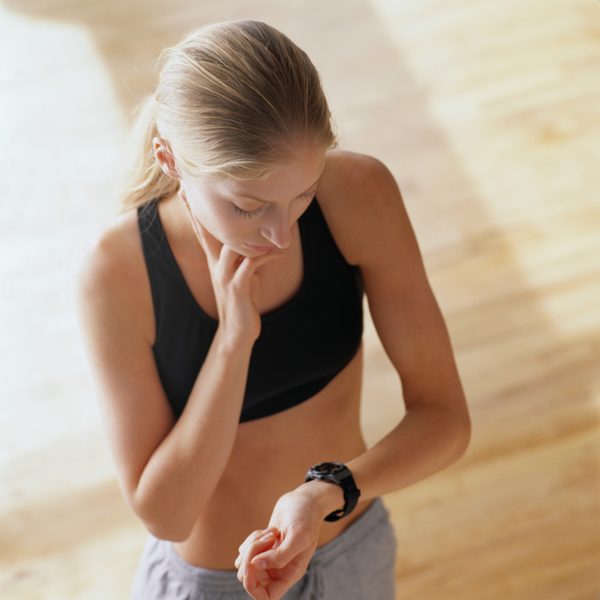Do you know the most important way to stay healthy as a woman? It is checking in with your doctor regularly and letting them know when any suspicious symptoms arrive. Also, between those doctor visits, there are some at-home self-checks that you can do as well that can help identify a number of women’s health conditions which could save your life. Here are just a few that you can try out today:
- Self-Breast Exam: Giving yourself regular self-breast exams can help you to detect changes in your breasts that you can report to your doctor ASAP. To give yourself the exam, stand with
you upper body unclothed and look at your breasts in a mirror. Keep an eye out for changes like dimpling, redness, and any differences between your two breasts. Next, lie down and raise your right arm above your head. Use the three middle fingers of your left hand to feel all over your breast, and repeat with your other breast.
- Check Your Heart Rate: Heart disease is the number one killer of women in the United States. Luckily, checking your own heart rate/pulse can help uncover problems with your heart. First, you need to find your pulse by placing your index and middle fingers on the underside of your opposite wrist, just below the base of the thumb. Count your heartbeats for one minute. A resting pulse should be between 60 and 100 beats per minute. If you detect anything off, call your doctor.

- Test for Urinary Tract Infections (UTIs): Had a UTI before? Then you are familiar with the persistent need to urinate and the burning sensation when you do. If you think you may have a UTI, an over-the-counter urine test can detect it right away. Speak with your doctor if you test positive, so you can receive treatment right away.
- Detect if You’re Depressed: Depression is very common among women, with females being twice as likely as males to be diagnosed. Signs and symptoms of depression include weight loss or gain, feelings of irritability, hopelessness, and fatigue. If you think you are at risk for depression, contact a mental health professional.
Are you interested in learning more about keeping yourself healthy and women’s health studies, such as uterine fibroids and vaginal infections? Contact us today to learn more!



